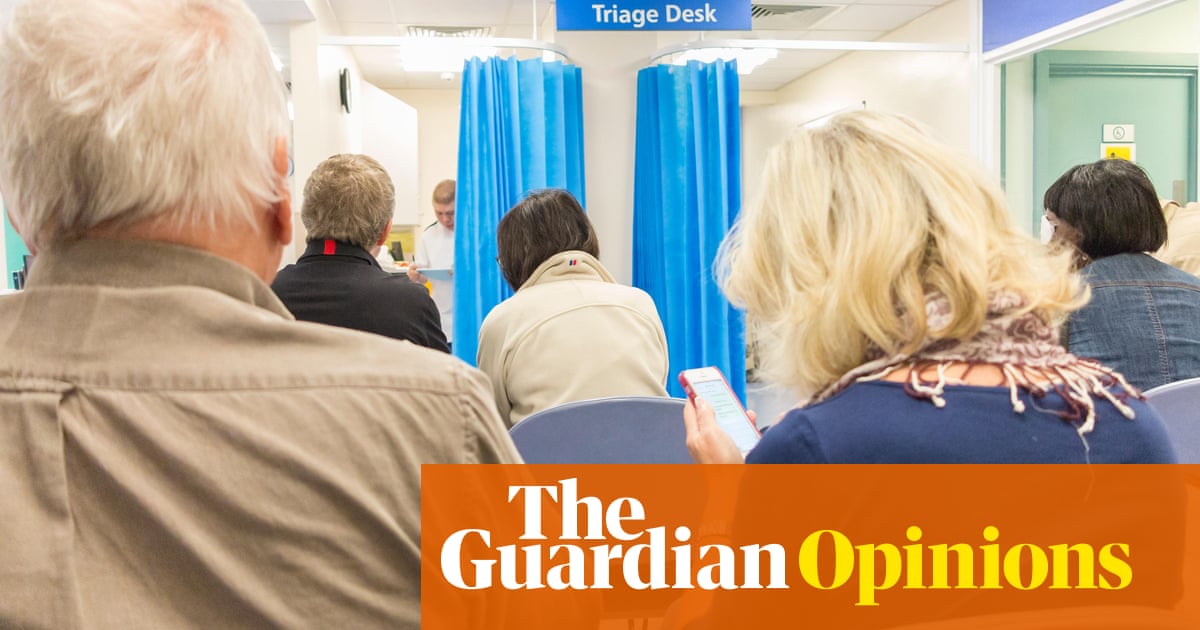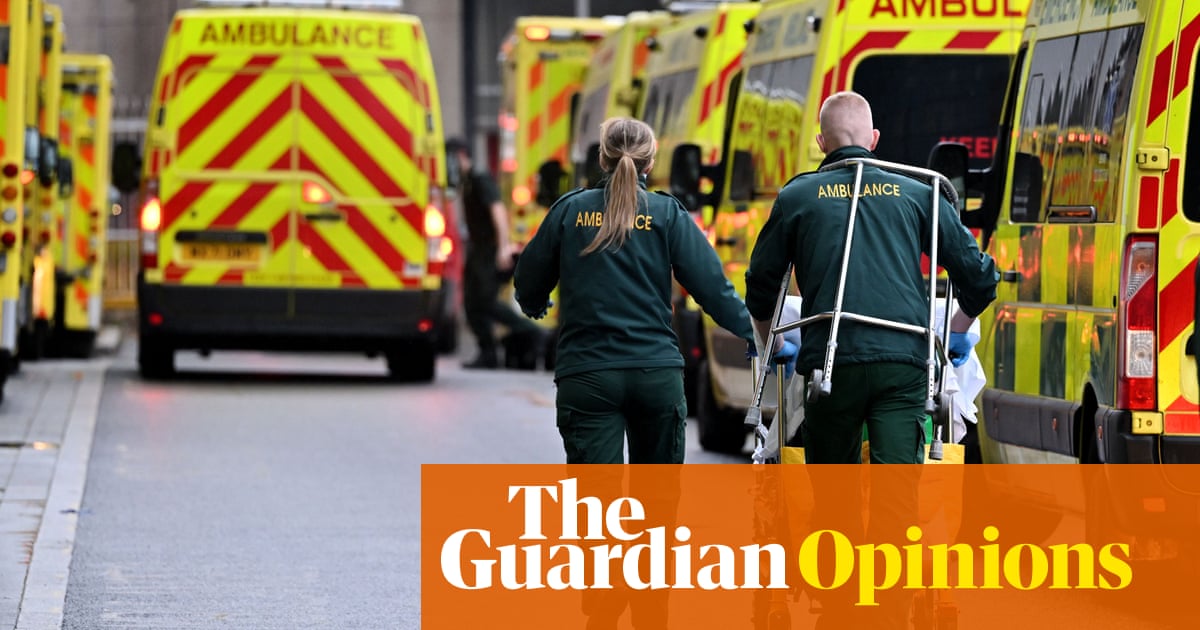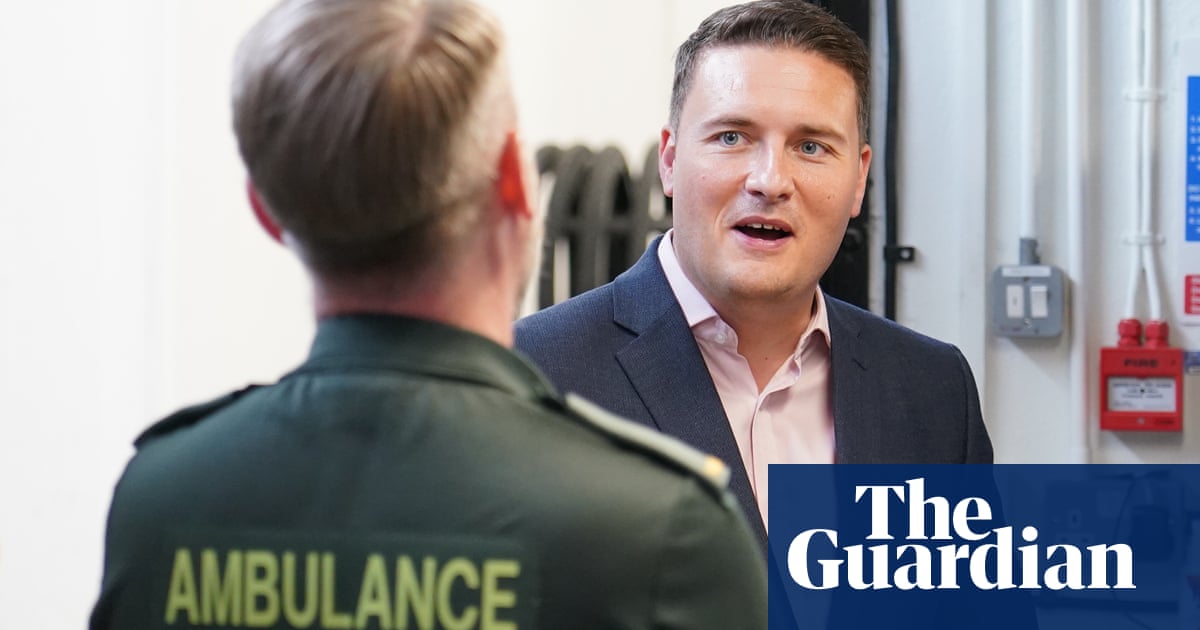
At last a glimmer of light on the NHS horizon. Labour’s shadow health secretary, Wes Streeting, clearly smarting from his brush with cancer two years ago, has realised that the problem with the NHS is not just cash but structure. Above all, it lies in the costs and delays of an archaic network of occupational demarcations seizing up surgeries and hospitals alike.
The sheer lumbering vastness of the NHS has sent it slithering down the league table of world health services. With a third of GPs on the brink of quitting and many hospitals in wartime mode, services are failing and the rich are fleeing to the private sector.
In a remarkable interview in the Times, Streeting shows why Britain’s cancer survival rate is so poor. It took him three appointments to get a simple test. Millions of patients denied a GP appointment inside a month (cost: £39 a visit) are cramming A&E departments in general hospitals (cost: £359 a visit). There, junior doctors can spend 45% of their working day on bureaucracy, also crippled by the failure of a privatised social (and mental) care sector.
To Streeting, health has become “an infuriating merry-go-round” of job-creation, triaging and time-wasting. The reason is the plethora of barriers to patient self-help, with GPs acting as gatekeepers for all referrals. Meanwhile, patients must know that the rich and insured benefit from a booming private sector, much of its capacity often lying unused.
Despite spending billions on digitisation, the NHS is in the dark ages of the internet – as we witnessed during Covid. Patients have become far better informed at self-diagnosis. There will be exceptions, but the internet can often guide people to tests, pharmacies and treatment centres without the need for laborious referrals.
Labour, says Streeting, would turn GP surgeries into health centres. Doctors would no longer rule the roost: GP “partners” now earn an average of £109,000 a year. Doctors would revert to being salaried NHS employees, working alongside nurses, therapists and technicians, and handling the vast majority of health cases that don’t require a hospital visit. The British Medical Association might howl, but patients should be able to refer themselves for check-ups and vaccinations, and seek advice and medicine from pharmacists.
Though Streeting does not mention it, there is no reason why some services should not be paid for by those who can afford it, as is already the case with prescriptions. This might help to blur the line between private and public care. Just as private schools are expected to share facilities with state ones, so should private doctors.
Two Tory health secretaries, Sajid Javid and Steve Barclay, have intimated that money is no longer the answer. Streeting has now joined them. All agree that an old-fashioned corporatist model for the nation’s health is no longer fit for modern purpose. This must indicate an urgent need for bipartisan action on NHS reform.
Simon Jenkins is a Guardian columnist












